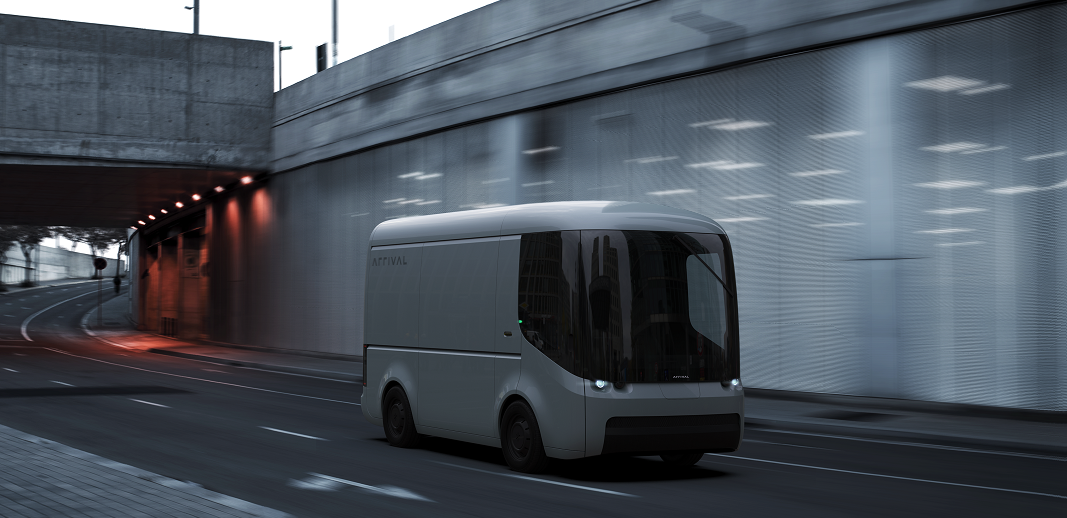The Automotive Tech Week Megatrends event, formerly known as the Consumer Telematics Show took place across five days last week. The Cubic Team tuned in virtually to hear about hot topics in automotive such as mobility, electrification, V2X, and the cockpit of the future. From automakers to technology providers, key players across the ecosystem provided insights on what to expect during this period of transformation. Industry trailblazers set out how sustainability can be at the core of an automotive business model, enabled by technological innovation.
Autonomous mobility driving a greener future
Autonomous mobility was presented as a sustainable solution to the current ‘broken’ transportation model. Eric Danko, Director of Federal Affairs at Cruise is working to educate policy makers on how autonomous mobility can combat unnecessary traffic accidents and air pollution. Cruise, a subsidiary of GM, builds self-driving, all electric, shared vehicles. Over the past 18 months it has been working in collaboration with GM and Honda to develop the Cruise Origin. This futuristic vehicle is electric, driverless, can seat up to six people and is powered by renewable energy. It is currently undergoing a rigorous testing phase on the streets of San Francisco.
Danko stated that transportation accounts for 30% of greenhouse gas emissions in the US, with commercial trucks being a major contributor. He sees a gap in the market for the electrification of the commercial transportation industry. One emerging player providing fleets with access to greener options is electric vehicle (EV) maker Arrival.
Transitioning to all-electric fleets
Speakers from Arrival – a technology company that produces lightweight electric buses, vans, and trucks – shared a similar sentiment to Danko, noting that the commercial sector has been underserved by electrification technology to date.
Mike Ableson, CEO at Arrival Automotive North America, made a compelling argument for the switch to EVs. Commercial fleet operators typically choose the most efficient and economical way to run their fleets with the lowest operational cost. They know exactly how many miles they are doing daily. EVs make better economic sense than fossil fuelled vehicles for high mileage use cases in dense urban environments e.g. garbage trucks, with greater cost benefits. It is not in their interests to pay for more range than required.
Planning for charging infrastructure is also simplified as it can be installed at the depot by the fleet operator for trucks, vans, or buses to charge overnight. A win-win for the fleet industry: cost savings whilst mitigating overall environmental impact. Some experts predict that the global commercial EV market size will reach $178,560 million by 2026.
Breaking out from traditional manufacturing
Arrival takes an avant-garde approach to vehicle manufacturing by setting up microfactories in areas where demand is greatest. They decentralise EV production by leasing warehouses and use composite panel technology they developed themselves to keep costs and carbon footprint low.
With this flexible and agile business model they can quickly react to demand rather than forecasting it many years in advance. Arrival EVs come off the production line in as little as six months. The benefits of local manufacturing then trickle down to the communities they operate in e.g. producing purpose-built products customised to regional needs, job creation etc.
It was evident throughout the event that the discourse has now changed. Leading innovators are diverting from traditional manufacturing methods and carving out new paths to achieve cleaner transportation solutions. With Cruise currently valued at $19 billion, and Arrival at $5.4 billion, green technologies are clearly being taken more seriously and attracting major investment.
Cubic has been working with Arrival since 2019 to deliver intelligent connected software to its fleet of commercial EVs. We also work with other leading vehicle manufacturers that provide sustainable electric solutions such as e.GO Mobile, and several brands within the Volkswagen Group, connecting EV models such as the Volkswagen I.D. 3, Audi eTron, Skoda Enyaq etc. If you would like to learn more about Cubic’s connected software solutions for automotive and transportation, contact us today.

